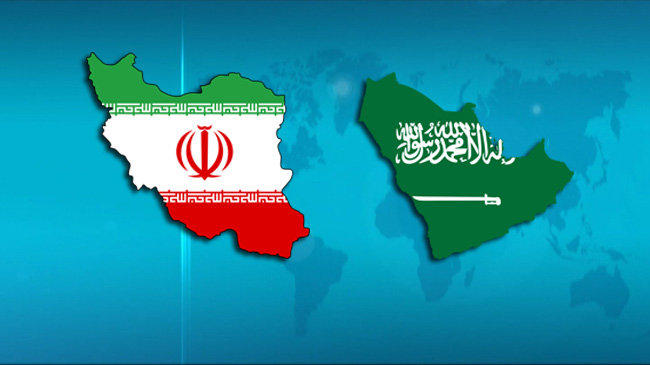Ice melting in Tehran-Riyadh ties

By Sara Rajabova
Ice between the two powerful countries of the Middle East -- Iran and Saudi Arabia -- are tending to melt as they decided to bridge the decades-old differences between them.
Tehran and Riyadh, which has strained relations after the Islamic Revolution of 1979 in Iran, has recently voiced intentions to improve relations between the two key players in Middle East.
Iranian official has recently described the relations between Iran and Saudi Arabia as normal.
Iranian Foreign Ministry spokeswoman Marzieh Afkham expressed hope for the promotion of ties between the two Middle East powers, which share different positions on several regional issues, Press TV reported.
After taking office, Iranian President Hassan Rouhani carries out policy directed to bridging gaps between Tehran and the countries, which it has tense relations. This also has positive impacts on relations with Saudi Arabia.
Afkham said Iran's relations with the regional countries including Saudi Arabia are taking their normal course.
She pointed to the Foreign Ministry's plans to promote ties with Riyadh, as well as appointment of new ambassador to Saudi Arabia.
In late June, Iran's Foreign Ministry announced the appointment of Hossein Sadeqi as Tehran's new ambassador to Riyadh.
The appointment of new ambassador was considered as a revival in ties, which has been strained for over 30 years. Iran is optimistic that a new climate will prevail regarding ties with Saudi Arabia within the framework of relations with other regional countries.
"Naturally, as Iran's new ambassador to Saudi Arabia takes office, there are some plans so that we may have a new assessment of diplomatic activities," Akham noted.
Saudi Arabia is also seemed willing to end cold war with one of the key players in the Middle East.
On August 17, Saudi Arabia's Foreign Minister Saud Al-Faisal voiced his country's readiness to improve and expand bilateral relations with Iran.
Earlier, Al-Faisal's inviting Iranian foreign minister to visit his country was considered as a tentative thaw in the often frosty relationship between the two energy giants in the Middle East. This also implied a modification in Saudi policy toward Iran.
Iran and Saudi Arabia have gone through many phases in the history of their relations: from a strategic alliance in the years before the Islamic Revolution to a cold war in recent years.
The relations between the two countries were severed after the change of regime in Iran. Riyadh's support to Arab Iraq during the versus Shia Iran during Iran-Iraq War in 80s made the cup run over.
The ideological division between the two Islamic countries also impacts regional policies of these countries and deepens the tensions in relations.
Currently, the two key Middle East players are divided on a number of regional issues such as the situation in Bahrain and Syria.
Tehran has always been critical of Riyadh's support for the suppressing of the Bahrain's Sunni regime protests of the Shia majority.
Syria crisis is a sticking point in the strained relation of Tehran and Riyadh. Iran supports Syrian President Bashar al-Assad, while Saudi Arabia acts in favor of Syrian opposition, which also supported by the West.
